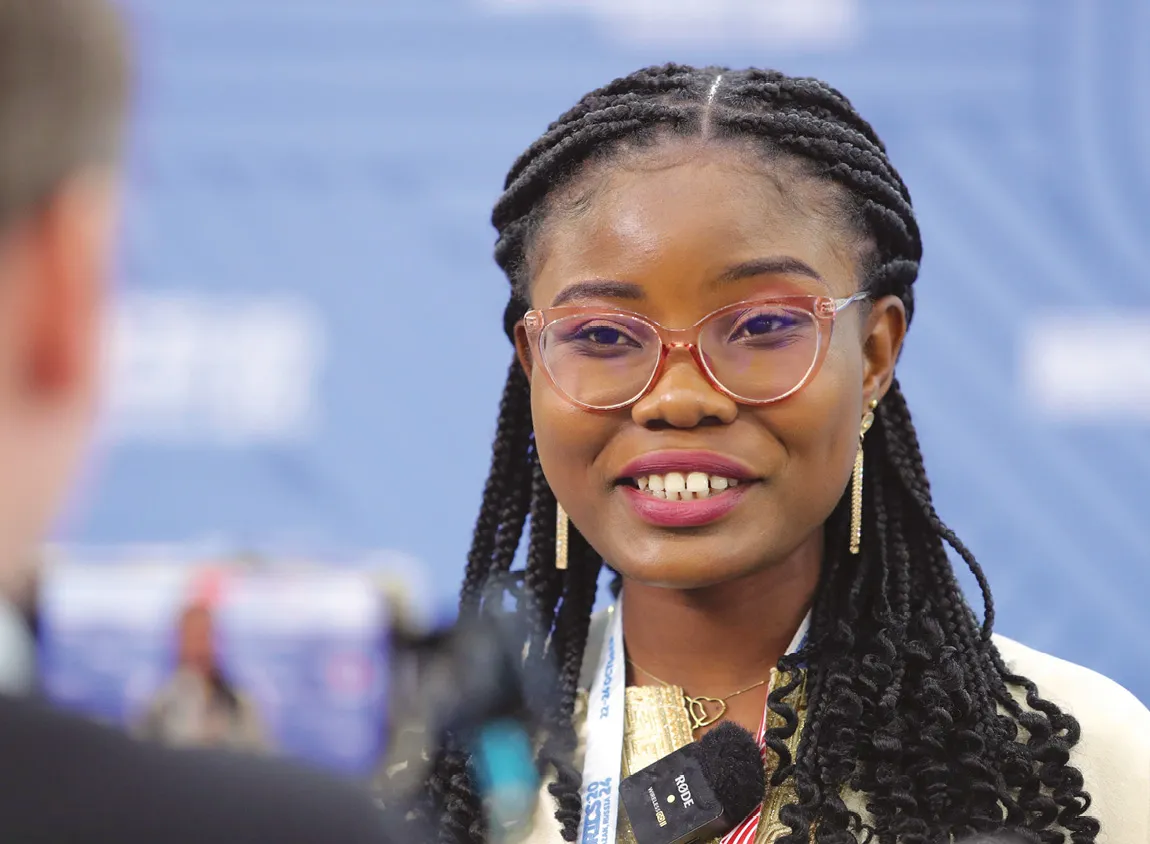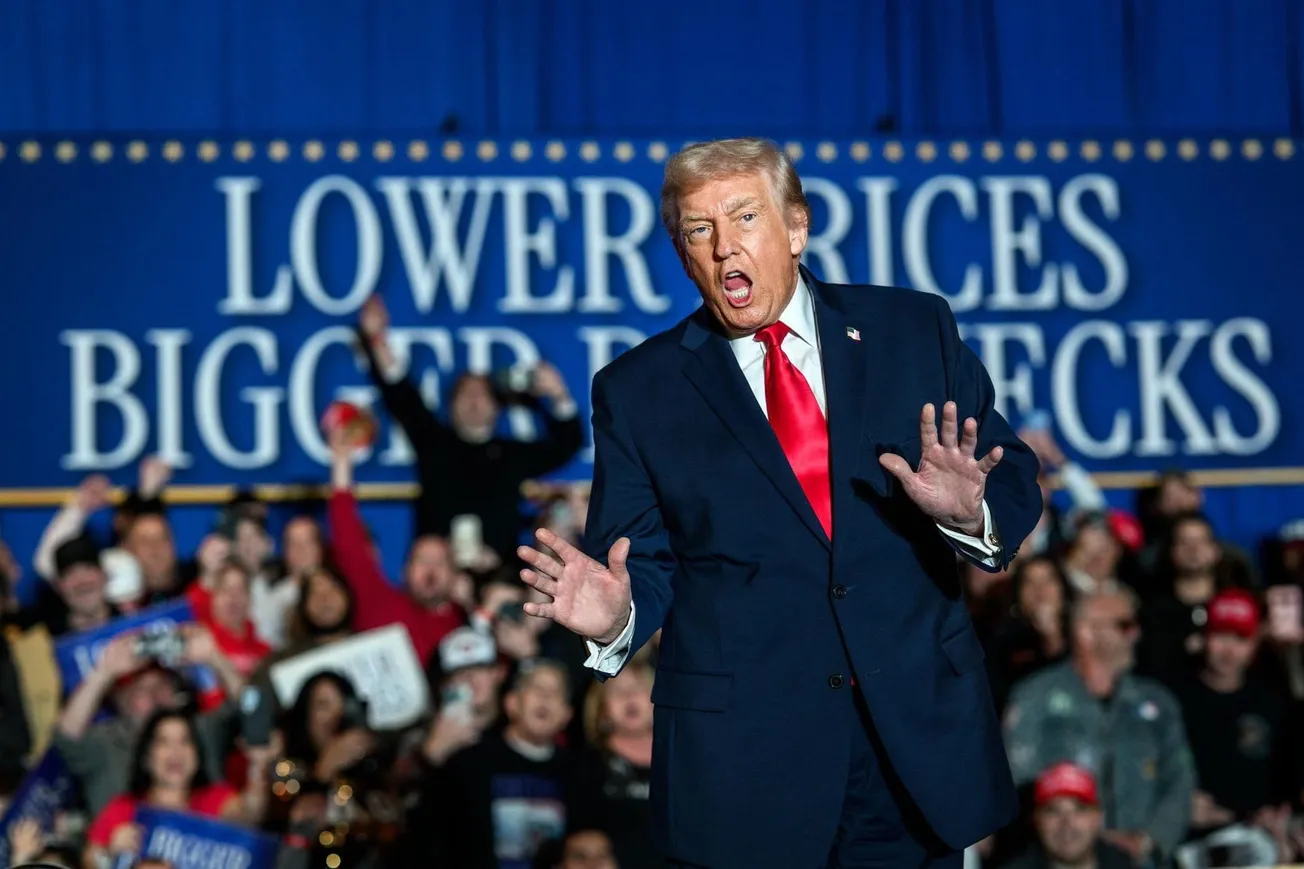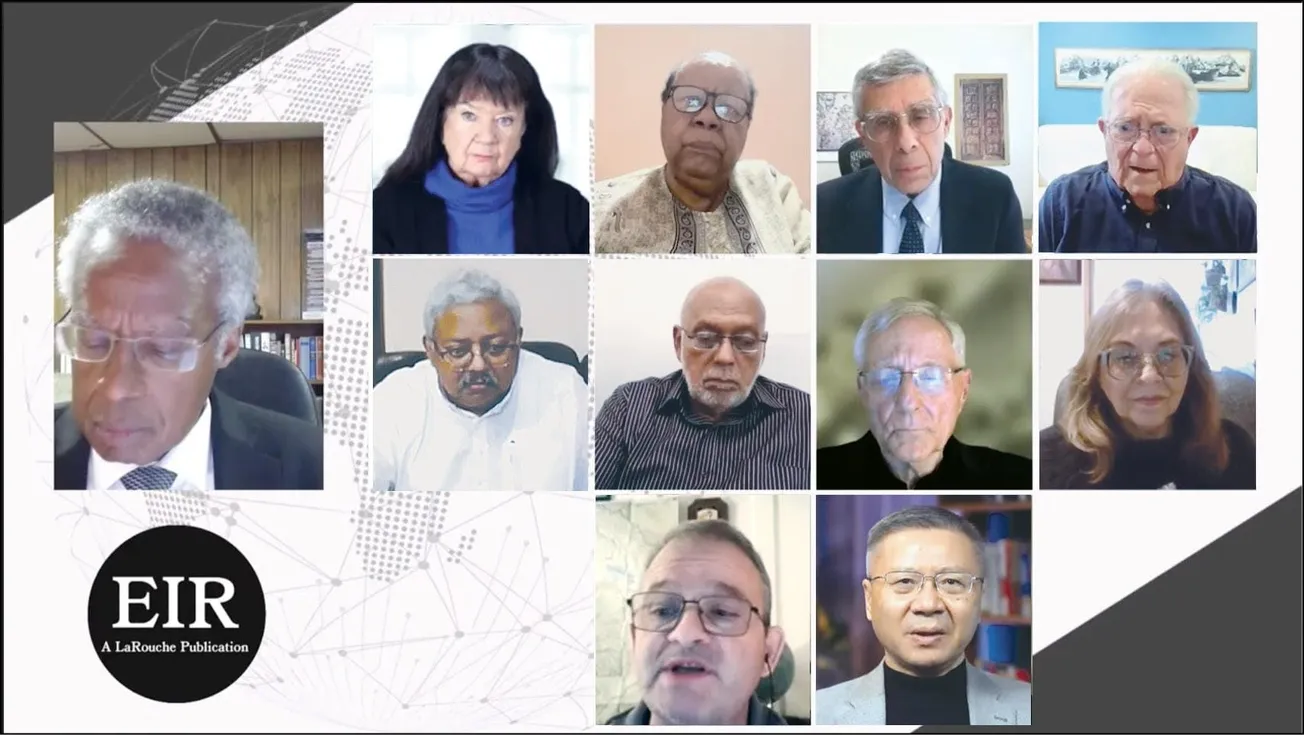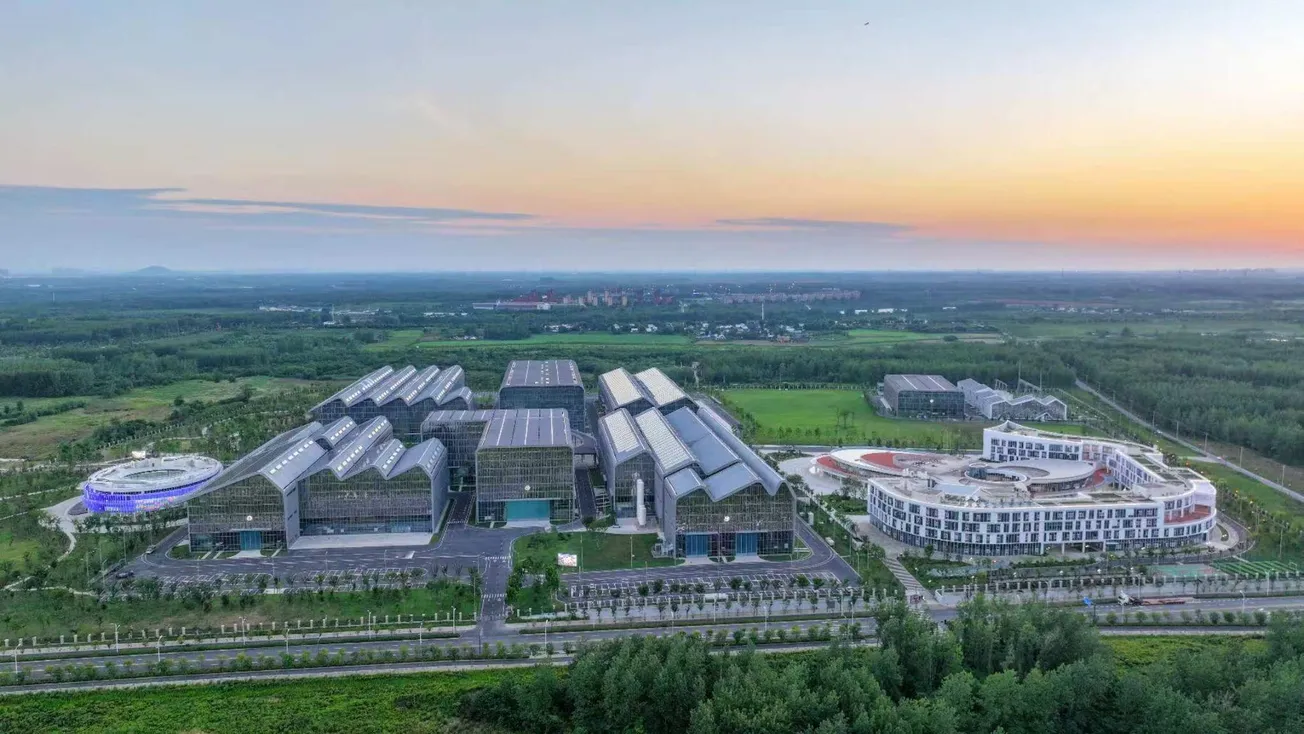Sharon Njix is a journalist with For You Media Africa based in Cameroon. She was interviewed by EIR’s Jason Ross during the XVI BRICS Summit in Kazan, Russia on Oct. 22.
Jason Ross: Hi, I’m Jason Ross with EIR here at the BRICS Summit in Kazan, Russia. I’m very happy to be speaking with Sharon Njix of For You Media in Africa.
Sharon Njix: Nice to meet you.
Ross: Very good to see you. Let me ask right off the bat, what brought you to the BRICS Summit? What do you think that this grouping and discussion group can bring to the world?
Njix: First and foremost, I came here in my capacity as a journalist to cover this year’s BRICS Summit—the 16th of its kind. This is the second time I am covering the summit. I would say, from an African perspective, it’s imperative for Africans to have partners that see them as fair partners, or that see them as fair collaborators. We reiterate that some time ago we had the Russian Foreign Minister who highlighted that Africa is an equal partner in terms of global cooperation. And that was reiterated at the summit we saw recently in China.
You notice that if African nations are moving towards the BRICS, it is because they have a lot to offer in terms of cooperation. We saw at the United Nations General Assembly that took place in September, we saw Africans highlighting the fact that they don’t have a fair share at the table. This is why they keep coming towards BRICS, because BRICS gives them a platform through which they can cooperate in terms of economic development, in terms of security, in terms of what Africa has. Because you noted that Africa is a rich continent; but in as much as Africa is a rich continent, Africa strives to get itself involved with partners that see them as equal collaborators, not those who come to them because of what they have.
You look at the African continent for instance; you notice that over 14 countries within the African continent are still using the CFA franc [Communauté Financière Africaine currency], especially in West Africa. And the BRICS is offering a new currency; the BRICS has a New Development Bank, which is contrary to what the IMF is offering. You will probably notice that with the new world order and the fact that most countries are moving towards multi-polarity—it’s imperative for Africa to define its stance and the way it’s done as far as geopolitics is concerned. I think that’s why we have more and more countries knocking at the door of the BRICS, including those that are part of the West.
So, the BRICS group of emerging economies has more to offer, and at this point in time, given that we have three African countries already present within the bloc, I look forward to seeing more African nations being integrated into the bloc this year. We’re keeping our fingers crossed; the next couple of days will tell which African countries are going to join next.
Ross: Let me ask another question about Africa’s role on the international stage. The conflict in Ukraine—the NATO conflict against Russia that’s taking place in Ukraine—was the subject of a peace initiative of several African presidents from the African Union. South Africa very notably stood up and went to the International Court of Justice (ICJ) at The Hague, Netherlands, with a case against Israel. How do you see the importance of the role of Africa expressing its voice internationally?
Njix: Well, Africa has not just voiced its opinion as far as the war in Ukraine is concerned. You probably noticed that Africa has had a solid position even on the crisis in the Middle East. We have seen several heads of state and government officials who have called for a cessation of hostilities. Recently, you mentioned that South Africa went to the ICJ. But ahead of that, you usually notice that Africa always has this role of mediation in terms of global conflict. Africa is making its voice heard; that as an equal it has something to say. Because you notice that the rest of the world is always very loud when it comes to resolving issues on the African continent in terms of security. You notice what’s happening in West Africa. We saw recently when Mali, Burkina Faso, and Niger wrote a letter to the United Nations Security Council to condemn what they said was Ukraine actually supplying weapons to terrorist groups in Mali, following the attack that took place in Tinzaouaten.
But apart from that, Africa is actively participating in global issues. And that is one of the reasons why you see Africa actually voicing its own point [of view] or its own position as far as these global issues are concerned. So, it’s the first time, and it’s not going to be the last.
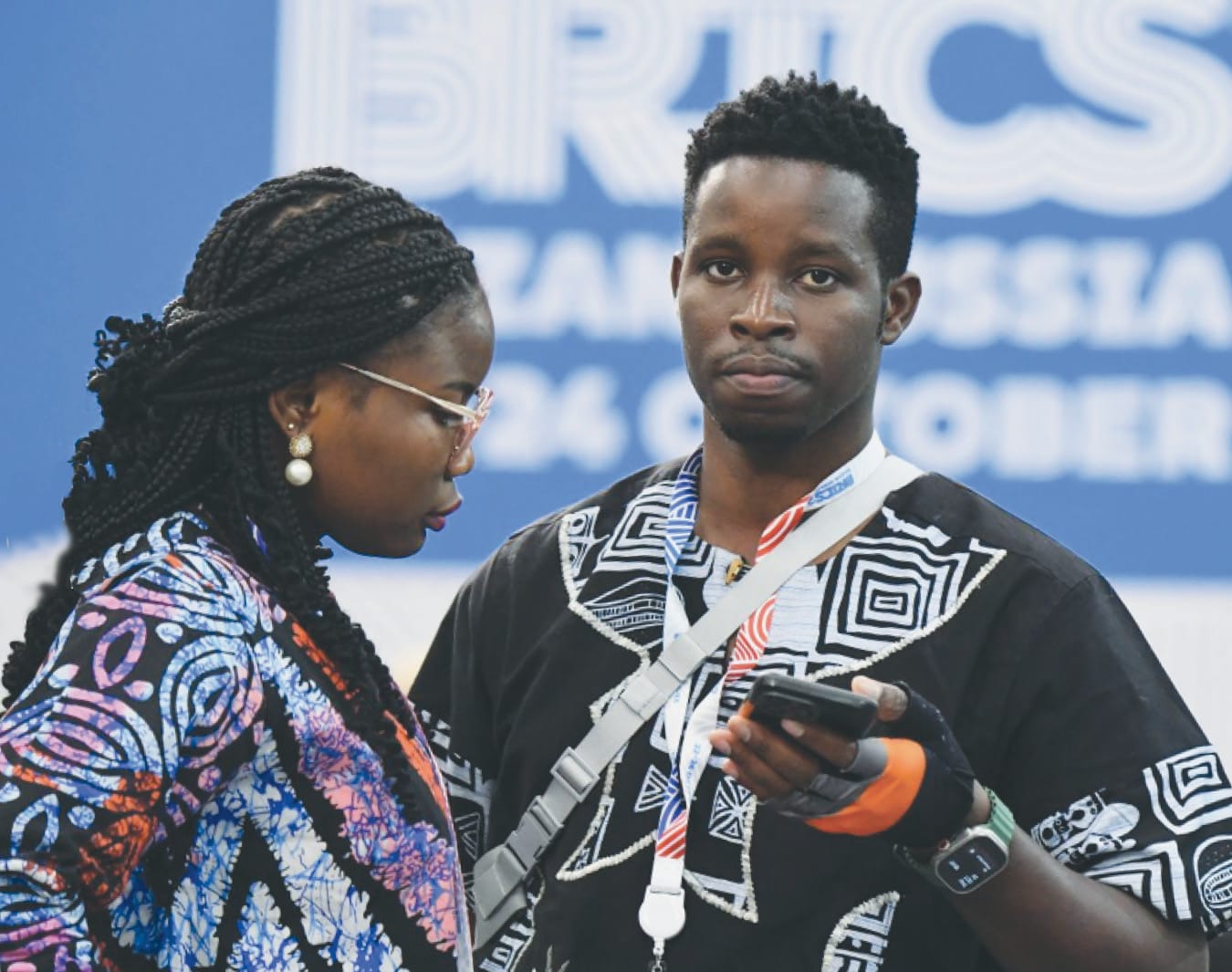
Ross: So, on the issue of multi-polarity: During the Cold War, much of the world was divided into two blocs. There was also a committed Non-Aligned group that said, “We are not participating in this divide.” Now, today, it’s less that there are two blocs, and more that there is one bloc that sees itself this way and intends to hold its hegemony. Today, Russia and China are not part of a second world, but are part of this BRICS process that’s incorporating more and more of the world. If conflict with NATO can be avoided, how do you see international relations in a world in which countries are more equally represented?
Njix: Well, I’ll start with the fact that BRICS member countries are not at war with NATO. If I have to align myself with the vision of Jim O’Neill, who first came up with the idea of the BRICS, he had stated that in years to come the BRICS would actually challenge the G-7 group of developed economies, and not NATO.
Let’s recall, that just recently we saw [Russian Foreign Minister] Sergei Lavrov who spoke, and he pinpointed the fact that the bloc is not a military union. No, it is not a military bloc, and they’re in no way opposing NATO. We should look at it from the standpoint that they are ready to cooperate with countries. You notice even Türkiye is seeking to be part of the bloc, but it is a NATO ally. So, there is this: BRICS offers a mutual ground for cooperation for whoever is willing to. You saw France last year offer to participate in the BRICS summit in South Africa. It’s not news. The only thing is, those countries are seeing that the BRICS bloc is actually growing. We have more and more countries that are knocking on the door because of the opportunities that it offers.
So, what we should be looking at is—there is no war as of now—and we should look at it as cooperation. There should be this platform where these two are able to cooperate. Because we’re not looking at the Cold War here. I think it’s more of a proxy war, but then with the stakes involved, Russia and China—we know their relationship dates back more than 75 years—and with everything that’s ongoing, there’s no war at the moment; it’s just countries that have seen a bloc that is growing, that has a lot of opportunities to offer, and they’re like: “OK, let’s align ourselves with this bloc because it in turn benefits us.” So, basically that’s it.
Ross: Wonderful. Last question: If you were to imagine the world as you think it could be in say 25 or 50 years, what do you see?
Njix: From my perspective, I would look at the vision of 2050 of the BRICS. I will say that things have evolved inasmuch as we have numerous conflicts ongoing in different parts of the world. I could say that you see countries aligning themselves with partners which are more strategic to them, and beneficial. When you look at the African continent for instance, given that I’m looking at this from an Afro-centric perspective, African countries as compared to back in the days, we are in some sort of neo-colonial era. Africans, we have former colonial masters like France, like Britain, who are trying to reconnect themselves to the African continent. But Africa has seen for itself that it has partners through which it can benefit, like Russia, like China, like India. So, if Africa, or better still, the world, can look at these partners, or see there is this equal table where these partners can talk and bring their interests at heart, or what’s important to them, then I think we’re headed in the right direction. So, in 25 years from now, the world should be a much better place than it is now. In terms of economic growth and development, we should see countries flourishing. We should see less of conflicts than what we see now.
Ross: Wonderful! Thank you very much. Would you like to tell our viewers where they can follow your work online?
Njix: OK, I’m a journalist with For You Media Africa in Cameroon. We’re a pan-Africa media group, so you can join us on YouTube on For You Media Africa English, on For You Media Africa Facebook; and all social media platforms.
Ross: Wonderful! Sharon Njix, thank you.
Njix: Thank you, too.


